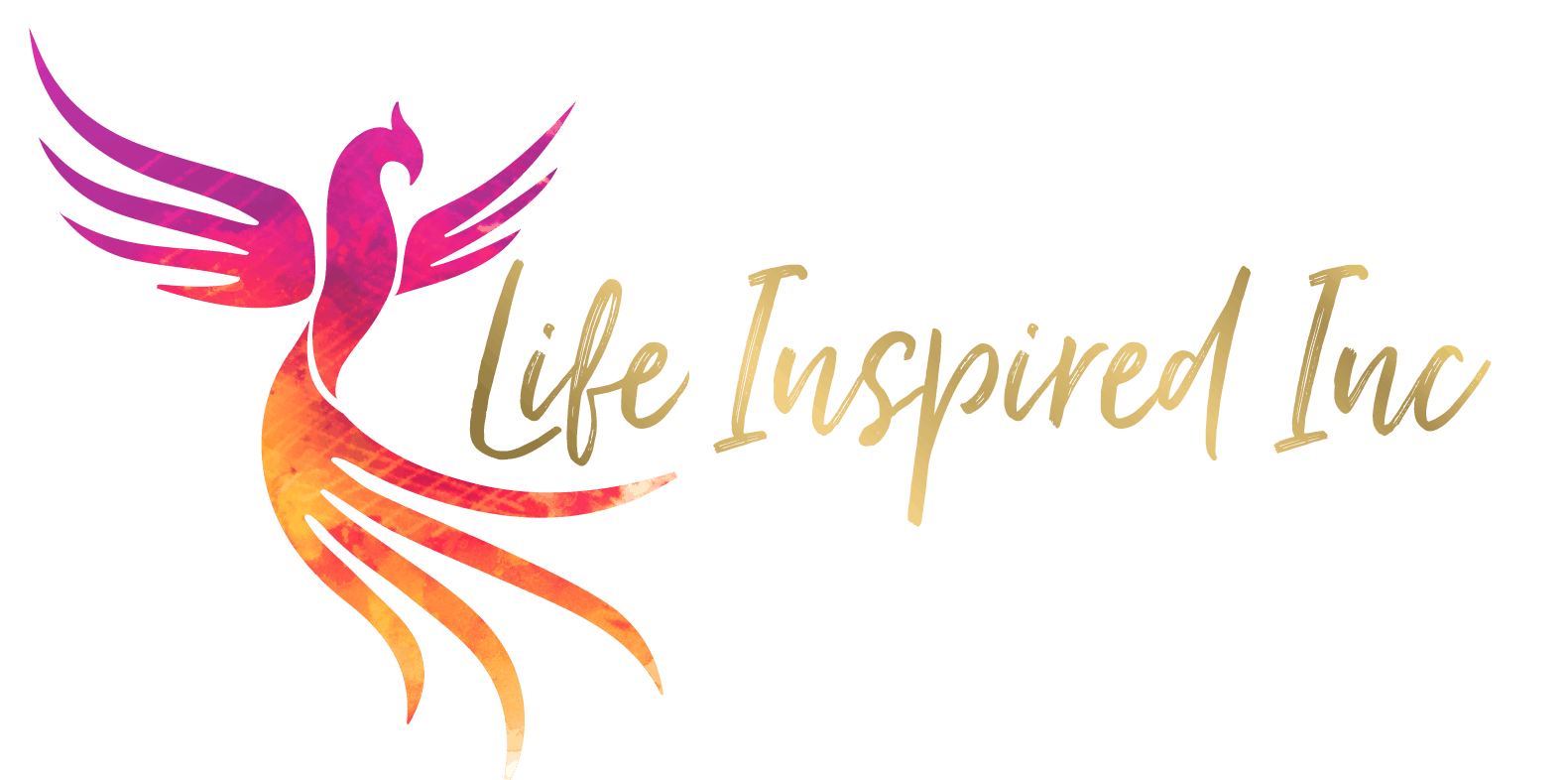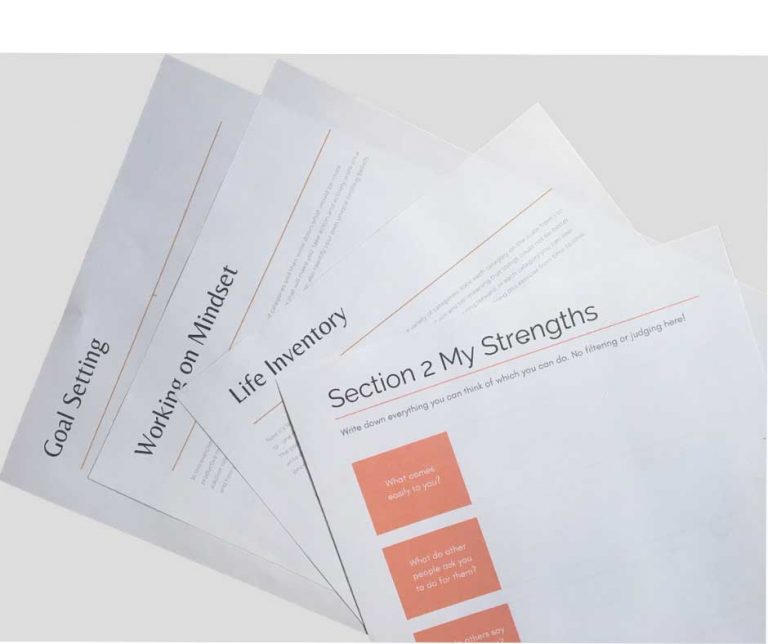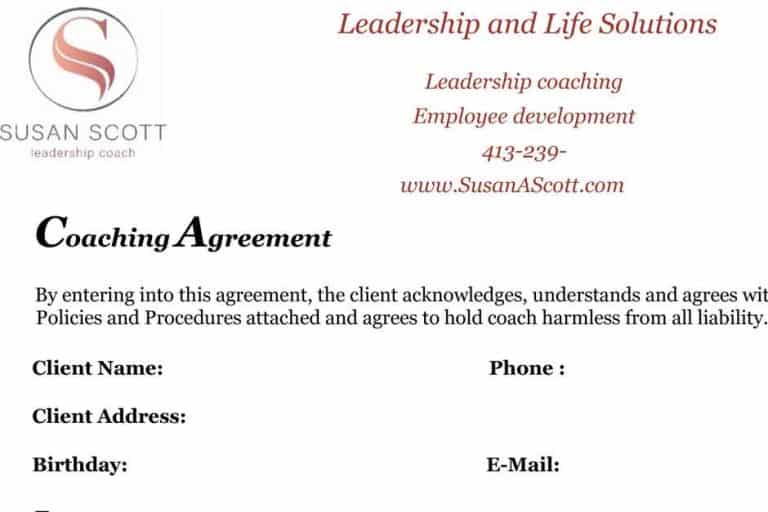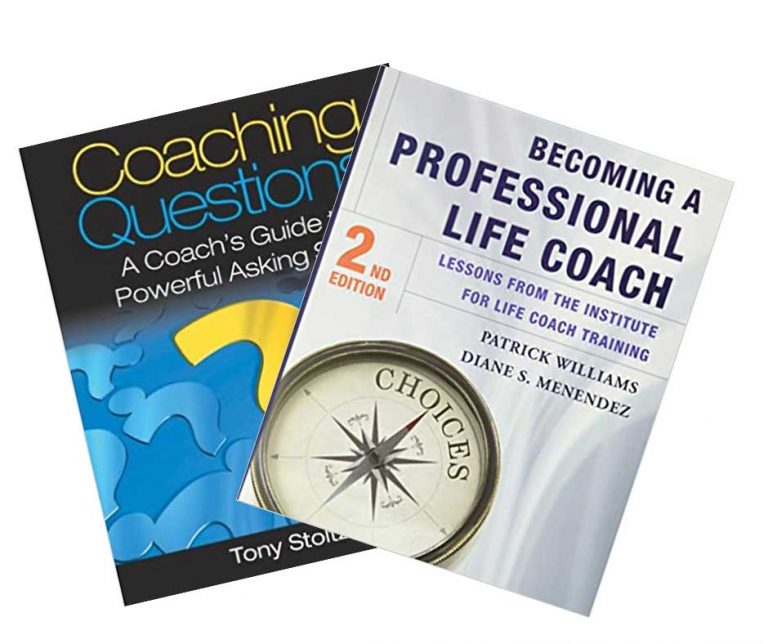Resilience: Becoming a Mental Ninja
Lack of resilience, having stress based or negative responses to challenges, is an indicator of the story you believe about what the events mean to your life. Think about that. Knowing this truth changed my life and it can change yours.
Events are meaningless, or neutral. They can’t make us feel anything. How we react to situations is purely within our control and it determined by what we believe the event means to our life.
The story you tell your self about what an event means to your life determines how you respond to it. Your response determines how the event plays out in your life.
It is our response, not the event itself that creates the life we experience!
Resilient people are not derailed by events because of what they believe to be true about themselves and about the situation.
There was a time when I could not handle mean, rude, or critical responses online from people intent on attacking my opinions. I would obsess for days, losing sleep, questioning what I did wrong, or how I could express myself better so I wouldn’t be misunderstood. I had very little resilience to trolls and would simply avoid social media entirely.
Identity is the key to resilience
Any time you are experiencing a dysfunctional result in life, like being in an online business but avoiding very necessary social media marketing, you can look for clues to the problem in your identity.
Identity is the beliefs we hold about ourselves, about other people, about the world, and about our place in it. Those beliefs are memories which include both thoughts and emotions. They become the stories we tell ourselves about what events mean to our life.
I was bullied horribly as a young child so I held the belief I was unacceptable, not good enough to be around people. Because bullying is such an incredibly painful rejection of your worth as a person, thoughts about not being good enough are tied to that most powerful of emotions, shame.
Being bullied by online trolls triggered the old shame before I was even aware of the thought “I’m not good enough to be part of this group.” It was the feeling of shame that caused me to retreat from social media.
I believed a story which said being trolled by a rude person means I was not good enough and should be ashamed of myself for expressing an opinion.
Control Emotional Responses
Our initial reaction to any event is always an emotional one. Emotion always comes up first, before logical thinking. The little buggers just move faster through our brain. Many times we react based on the feeling before we logically think about the situation.
That’s why learning to pause between stimulus and response is such an important asset to personal or professional growth. The reality is average people do not pause. They react based on the emotional trigger just as I used to do. People who grow and improve learn to take a breath before letting any knee jerk emotional responses rule their behavior.
Learning to think about why you are responding the way you are means you can make a rational decision about whether or not that response will serve your greater purpose or if it will undermine your current situation. You gain greater control over your life, your behaviors and the results you experience. You develop resilience.
Once I stopped to question the feeling, I was able to uncover the old belief behind it – I am not good enough to be around people. That may have felt true to my 13 year old self, but when I take the time to look at the belief logically, with the rational thinking of an adult, I realize it is completely untrue.
Why was a false, childhood belief still impacting my adult life? When I was triggered by anything I felt was bullying I experienced the emotion of shame and went to the default response without any thought.
The key to greater resilience is a mindset shift – while you are entitled to your emotions, are they serving you?
Are you frequently derailed by life events?
Do you lose sleep over something that was said to you?
Questioning your emotional responses and the underlying thoughts can help you rebuild resilience.
You will probably find, as I did, there is some story or belief, created in childhood that is being triggered by a present event. We get so used to our habitual emotional response we assume it is “just how I am” and resign ourselves to living with it.
In reality, it may have been who you were but it doesn’t have to be who you become.
Coaching questions:
When you react strongly to a situation, ask yourself
What do I believe about myself, the meaning of the event or the motives of the other person involved?
What evidence or experience do I have that might indicate the belief isn’t true?
What else might be true?
How can I set myself up for success the next time this situation comes up?






